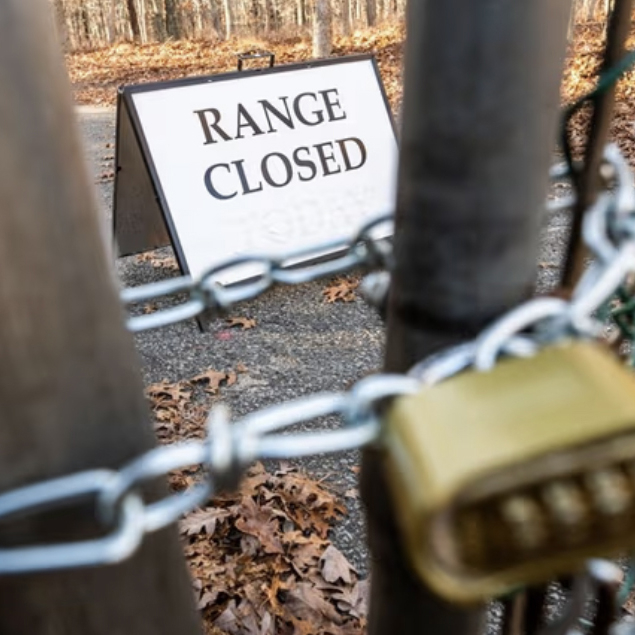In August 2022, in the Northwest Woods of East Hampton, New York, three workers were repairing a pool deck when a bullet whizzed past them, striking the cedar-shingled roof of their client’s $3 million home.
The near-fatal incident was not the first time a bullet had struck a house on Merchants Path, a quiet residential road where residences regularly sell in the mid–seven figures. In fact, eight such incidents—including bullet holes found in ceilings, walls, and window screens—have been reported by homeowners since 2004.


